Finding Dory: Press conference with Ellen DeGeneres, Dominic West, Andrew Stanton and crew
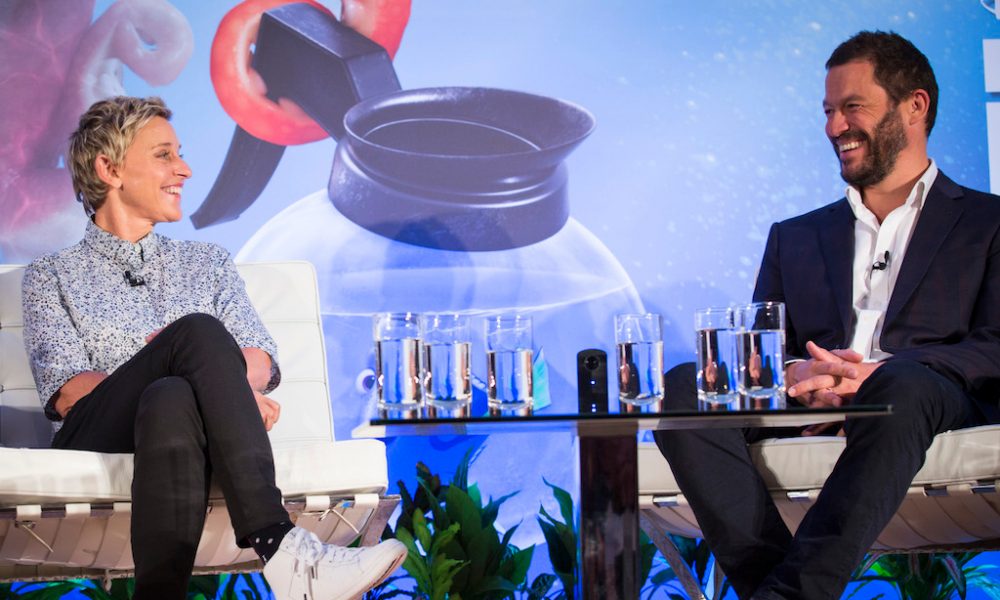
Finding Nemo ended with a happy reunion between father and son, but Dory, the regal blue tang with short-term memory loss, voiced by Ellen DeGeneres, did not seem to find any answers. Her uncertain fate began to weigh on Andrew Stanton, writer and director of the film, and he decided to reconstruct her past and give shape to her story. The result is Finding Dory, a heart-warming, action-packed sequel that retains the successful elements of Nemo’s adventure while taking advantage of the sophisticated technology that was not available at the time of the first instalment.
At the London press conference, Ellen DeGeneres and Dominic West spoke with great enthusiasm about their involvement in the project, while Andrew Stanton, producer Lindsey Cooper and co-director Angus Maclane answered questions about the inception, the making and the technical aspects of the film.
For a long time it seemed that Finding Nemo would never have a sequel.
Andrew Stanton: Yes, I was very vocal about that and there is a lot of evidence online of me saying: “This is it, there will be no sequel,” and then somebody that’s sitting here [looks at Ellen DeGeneres, who looks in another direction and pretends not to notice] kept bringing up the sequel. I said that it would have to be a very good story. Then I got busy doing other things, until I went to watch the 3D version of Finding Nemo in 2011. I hadn’t seen the film in seven years and I watched it, maybe for the first time, like an audience member. I walked out thinking “I am so worried about Dory. She hasn’t found her family, she could lose the family she has, and she’s still apologising for her short-term memory loss.” As a writer I was ashamed at how unresolved she was, so that’s really what motivated it.
What would Ellen typically say in an e-mail to try to convince you to make a sequel?
AS: She never did it by e-mail. She did it very publicly!
Ellen DeGeneres: I had a talk-show, I didn’t need e-mails. I had a platform so it was very easy. If I didn’t have a talk-show we wouldn’t probably be sitting here today. [The campaign for a sequel] became content for the show. There’d be a sequel coming out for every other movie and I was like: “Oh my God, are you kidding me?”, and then it became a running joke. And then he ruined it because he made the movie, so my joke was over. Now I have no more jokes.
How did it all come together once it was decided that there would be a Finding Dory?
AS: Lindsey [Cooper, producer] is my partner in crime and has been for about 16 years, so she’s the first person to know if I have any inklings. I privately told her that I was starting to think of stuff.
Lindsey Cooper: Whenever he wraps up a movie, you can see that there’s a split second of relief and then immediately there’s something else that takes up that part of his brain. Over the years I’ve come to expect that. So we talked about it, but we kept it very very quiet and then he mentioned it to Angus [Maclane, co-director].
Angus Maclane: Yeah, it was sort of like: “If, hypothetically, there was a sequel, would you be interested in, hypothetically, joining me on this hypothetical journey” and I said “Hypothetically, yes”.
Dominic [West, voice of Rudder], when you were asked if you wanted to be part of this film, was it difficult for you to keep the secret, because I imagine it would be quite a thing to brag about.
Dominic West: I can’t keep any secrets. I think Andrew probably knew that. I immediately said “Of course!” and that I wouldn’t tell anyone, but I immediately told my kids, and they said they wouldn’t tell anyone, but they told all their friends. Pixar had anticipated that of course, so I wasn’t spilling any beans, and it did get me kudos at home which is all I long for!
Ellen, there’s a question from an 11-year-old boy who wants to know: do you still enjoy eating fish now that you’ve played a fish for so long?
EDG: When we did Nemo I was eating fish and then I became a vegan for many years and I have recently started eating fish again. Yes, it’s no secret: I eat fish. But I don’t eat blue tangs. And I rarely eat fish. You can tell the kid that. Tell him I don’t really enjoy eating fish. Oh, I don’t know what to tell him. That’s a horrible question, I don’t know what to say that would be OK. Don’t answer it!
What’s the message of Finding Dory?
AS: Self-acceptance. That we all have something about us that could be as obvious as a disability, but it could also be the way you think or you perceive things, and you see it as a shortcoming but it’s actually what makes you special, what makes you unique, and I think we find a certain peace once we really learn who we are, and accept that. And that’s what I felt Dory had to go through to really be comfortable if she’s ever alone again, and it ended up being a universal thing that can apply to anyone at any age.
EDG: That’s beautiful, I didn’t know that!
Andrew, how did the casting of Ellen come about?
AS: The truth is that I had a worried father/clownfish that was going across the ocean to find his son and I needed a guide. And I read this fact: a goldfish has a memory of three seconds. I thought that was hilarious. I thought, what if I had a fish with short-term memory loss? But everything I wrote was unoriginal and not very funny. The Ellen Show was on at the time that I was writing. I was stuck, and I heard her on the show on TV change the subject five times in one sentence and I thought: that’s how you can do it. And then I couldn’t get Ellen’s specific voice out of my head and suddenly I was out of writer’s block and I was writing furiously. Then I sent her the script. It’s the only time I’ve ever written with a specific actor in mind. I called her and I said “I wrote this part for you and if you don’t take it I’m screwed,” but I used a harsher word than that. And she said “Well then, I better take it”. I think it was that short of a conversation.
EDG: Well, I had no job offers at the time! I hadn’t worked in three years so I was thrilled that someone called me with anything. I couldn’t believe I was being offered anything, much less a part in a Pixar film with Andrew, so it was amazing.
Was it similar with Dominic, did you need him to play this role?
LC: Yeah, he was actually one of our earliest castings.
AS: I got to work with Dominic on The Wire and he’s such a funny guy, and he’s kind of impish. And I couldn’t get out of my head this idea of sea lions being these kind of thuggish Londoners, and it seemed funny to me. And basically I wanted a Wire reunion!
In terms of the technical aspects, what could you do this time that you couldn’t in 2003, visually?
AM: If you think about what a computer could do in 2003 and what your phone could do in 2003, it would be hard to go back and use that now. We have a lot of technical advantages on this film. The character Hank [an octopus with seven tentacles] would not have been possible back in 2003 because of the amount of technical detail. Just one tentacle has all these different bends in it, and all those suckers, and that has to be multiplied by seven. That’s why he actually lost one of the tentacles, it was just a little cheaper!
LC: If you notice in the first film we almost never break the surface of the water. So all those kinds of handcuffs that we had were gone with this film. We thought this would make things easier and faster, but the creative appetite just gets bigger.
What idea of family does the film portray?
EDG: The story is about Dory’s parents, and what happened to her after she was separated from them. She begins to think “Who are my father and mother? Where are they?”. But I don’t think it’s about mothers and fathers, it’s not about blood relations, it’s about who makes you feel good and “gets” you, and supports you for all of who you are. To me, that’s what “family” and what “home” is. It’s wherever you’re supported.
Andrew, given that you felt that Dory’s story wasn’t really finished in the first film, the character that we need to know more about now seems to be Hank, could there be a sequel about him?
AS: So many people have asked about a Finding Hank already, and it would make sense, but I think you would have to make Finding Andrew first because I’ve just finished four years with fish, and that would be another four years with fish, so it may take a while for there to be a third film. But I’ve learnt to never say never. I’m all for a great story.
EDG: Maybe it’d be about finding Hank’s tentacle. Just one tentacle, so it wouldn’t be that hard to make.
LC: It could be a horror film! Pixar’s first horror film.
Dominic, did you take on some aspects of your character, Rudder?
DW: Well, I think I was lazy before meeting Rudder and things haven’t changed since. So, no, I think I just fitted rather well into the role. That’s probably why I came to mind when Andrew thought of someone who just sits around on a rock all day doing nothing!
Ellen, your character suffers from short-term memory loss. Are there any moments in your career that you would rather forget?
EDG: Erm… I can’t remember any. You know, it seems corny and clichéd to say, but every single thing that’s happened has been either a beautiful blessing or a lesson, so I look at everything as a guidepost; even those supposedly horrible things are character-forming and I’m grateful because they made me a more compassionate person.
What has Dory taught you over the years and what can we learn from her?
EDG: I think everyone relates to Dory or wants to relate to her because she is so optimistic and, because she has this supposed disability, she doesn’t really worry about the past, or try to analyse the future, and it doesn’t paralyse her to make decisions. She is just spontaneous and she is non-judgemental and, no matter what mood anyone else is in, she doesn’t take it personally. It reminds me to try to do that every day. The whole “keep swimming!” thing from the first film is a wonderful mantra that I have applied to my own life and career, and I think a lot of people apply it to their lives. As Andrew said, this supposed disability she has is her strength and I think that we all have to look for whatever it is about us that we feel is our disability, whether it’s physical or mental, and use that to empower us.
Mersa Auda
Photos: James Ghillam
Finding Dory is released nationwide on 29th July 2016. Check back soon for our review!
Watch the trailer for Finding Dory here:

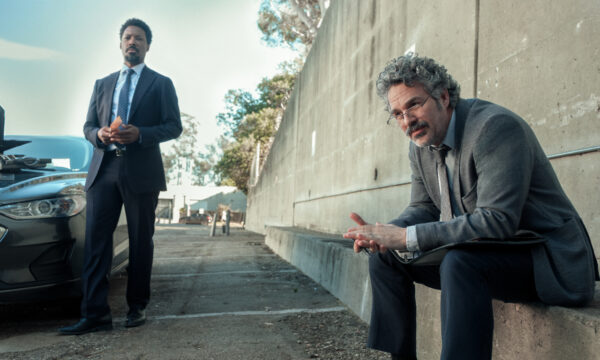
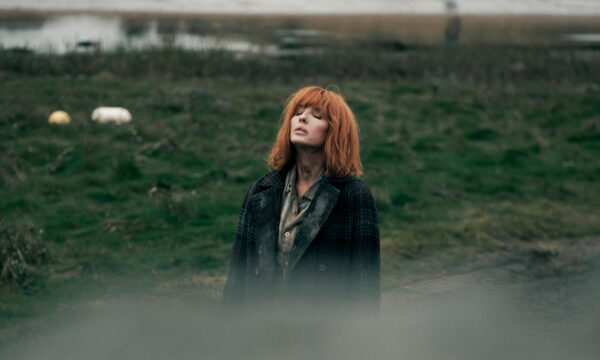
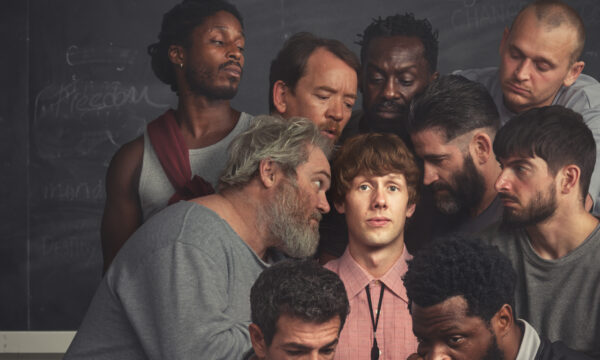
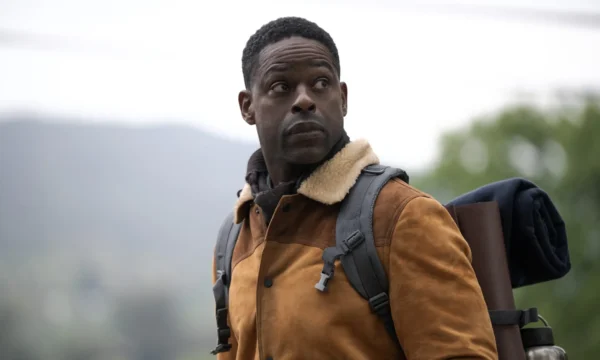
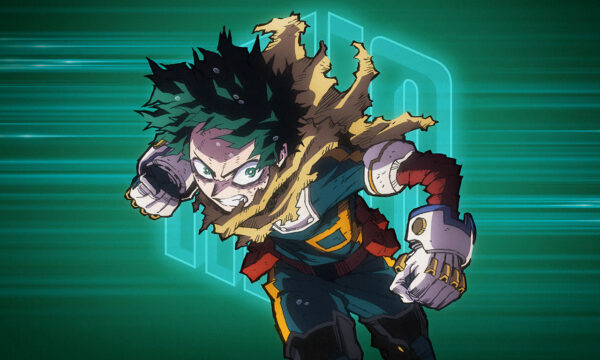
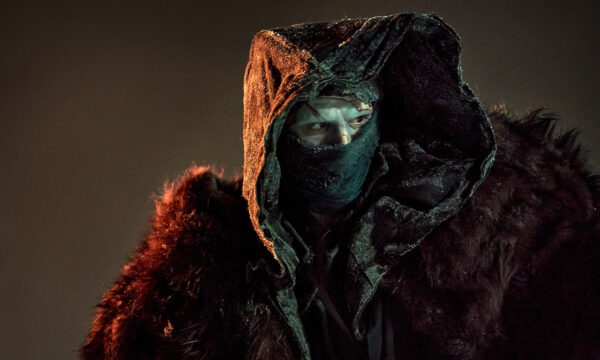
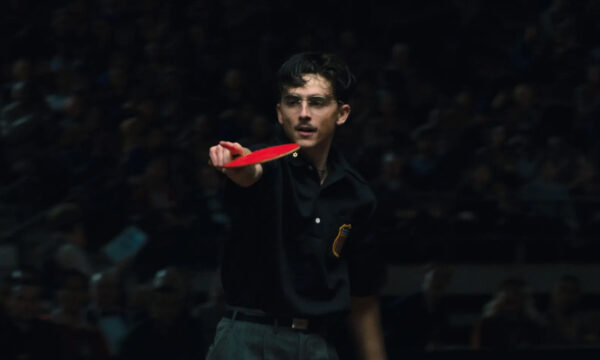
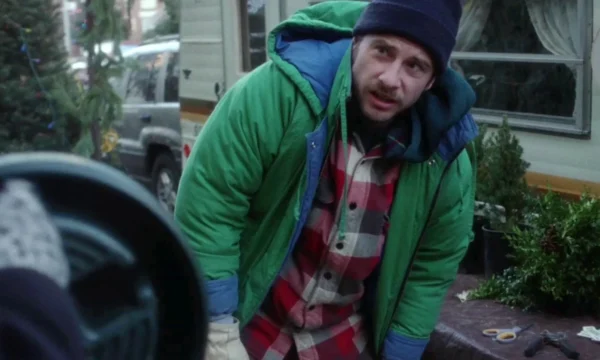
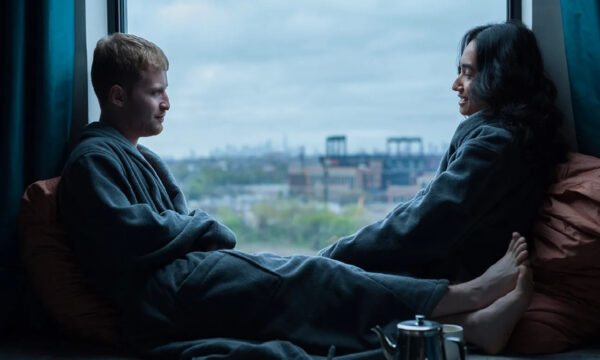


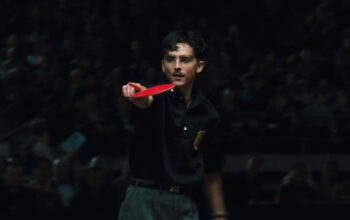




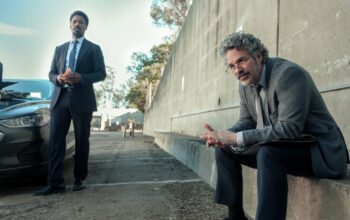
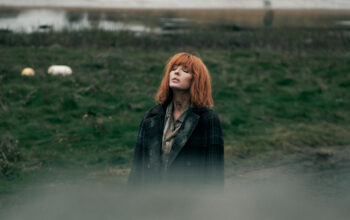
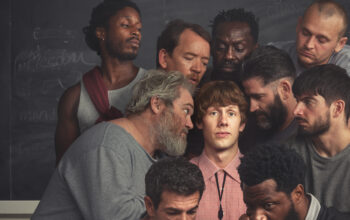



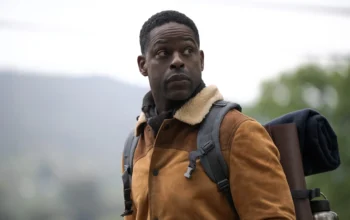
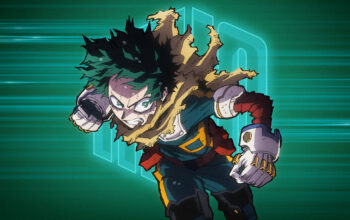
Facebook
Twitter
Instagram
YouTube
RSS